7 Dos and Don'ts of Cooking Chicken
Advertisement
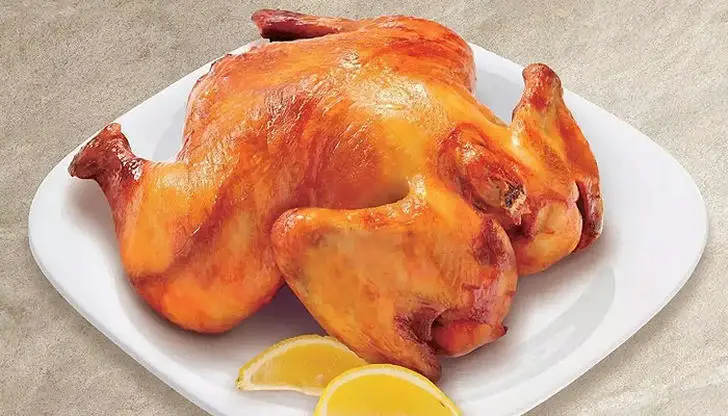
Chicken is a popular ingredient for many home chefs. But it can be unpalatable if you don't prepare it quite right. Here are 7 dos and don'ts of cooking chicken for kitchen novice.
1. Don't thaw frozen chicken at room temperature
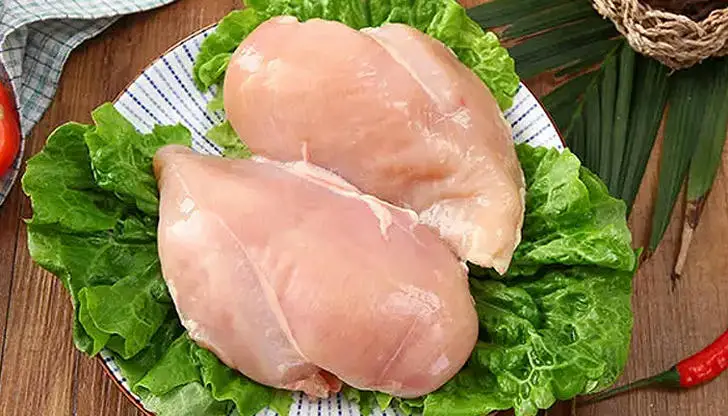
Don't defrost your chicken at room temperature for hours or even overnight, since it will provide many hazardous bacteria a suitable growing environment. The following cooking may eliminate the harmful microorganisms in chicken.
Do: According to dietitians, you should transfer the frozen chicken from freezer to refrigerator at least 10 hours before you need. If there's not enough time for you, you can immerse the chicken (stored in airtight packaging) in a basin of cold water and change the water every 30 minutes.
2. Don't forget to marinate the chicken
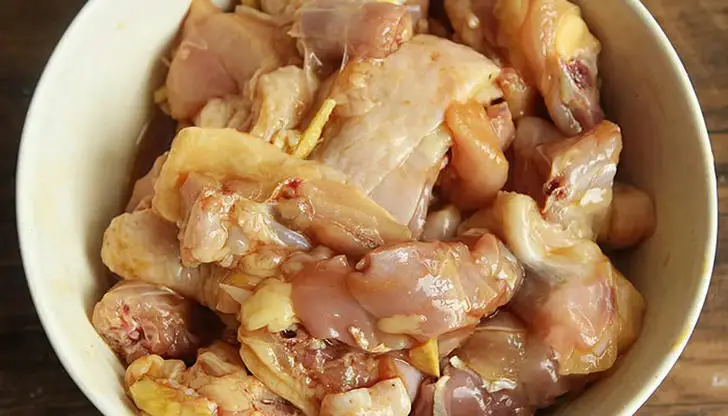
If you forget to marinate the chicken before cooking it, you will get a bland one no matter how much seasoning powder you use after that.
Do: Marinating defrosted or fresh chicken at least 20 minutes ahead will adds flavor and keep moisture of it.
3. Don't use high heat
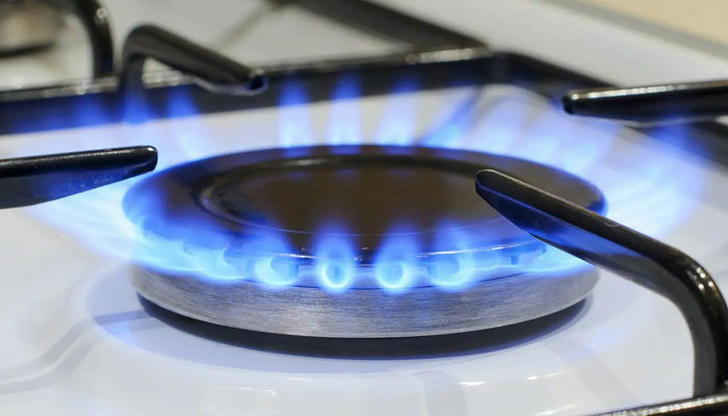
Turning up your oven too high may easily lead to an unpalatable roast chicken that is undercooked inside and burnt outside, as well as unsafe consequences. Boiling with high heat can result in tough, dry and overcooked chicken.
Do: If you're new to cooking chicken, carefully follow the recipe instructions that tell you when to adjust the appropriate heat and how long to cook.
4. Don't belittle the food thermometer
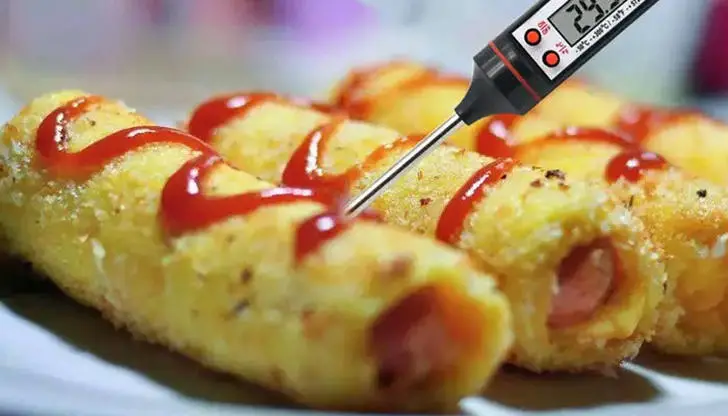
It is hard for cooking novice to know whether the chicken is done with naked eyes. A food thermometer will be very useful for daily cooking, such as roasting turkey on Thanksgiving.
Do: You can check the thickest part of your chicken with a food thermometer - the minimum internal temperature should be 165 °F.
5. Don't use large and thick cuts of chicken

Normally, thick cuts of chicken are difficult to cook thoroughly. Undercooked chicken not only tastes bad, but also may cause food poisoning since it is a perfect breeding ground for pathogens like Escherichia coli.
Do: Use smaller or thinner chicken pieces so they can be cooked more evenly and thoroughly. If you have to use large cuts or even the whole chicken, you can stab it with a fork and use a food thermometer to check its condition.
6. Don't overcrowd the frying pan
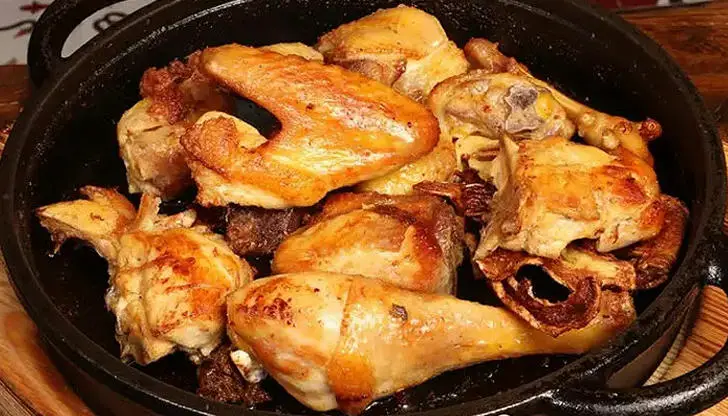
Don't shove all the chicken pieces into your frying pan for time-saving. Overlapping makes them hard to stir and flip, then get unevenly cooked. Besides, the chicken will steam in its own juice rather than get an appealing caramelized-brown sear.
Do: Pat chicken skin dry before frying so it can get really crispy after. Give each piece of chicken enough space to receive the heat from all sides.
7. Don't flip chicken before it's done

It is utterly important to flip the chicken in the right time of grilling. If you flip too early, you may probably rip off the top layer of the caramelized chicken.
Do: Cooking with a clean and non-stick grilling pan. Don't flip the chicken until it slowly creates an outside crusted layer.
Cooking chicken is not that easy as you thought. A well-cooked chicken should be flavorful and tender instead of bland and chewy. Hope the above tips can help you to figure out what to avoid and how to cook chicken.



